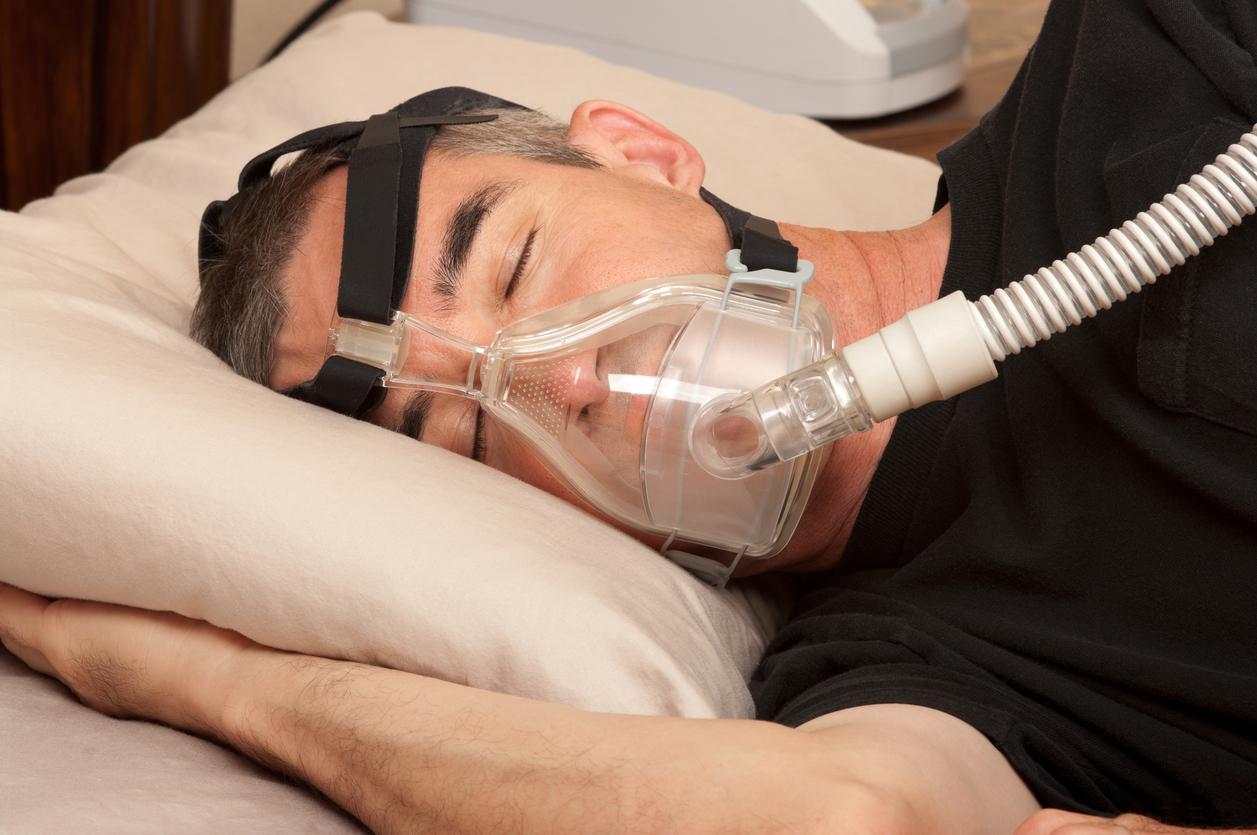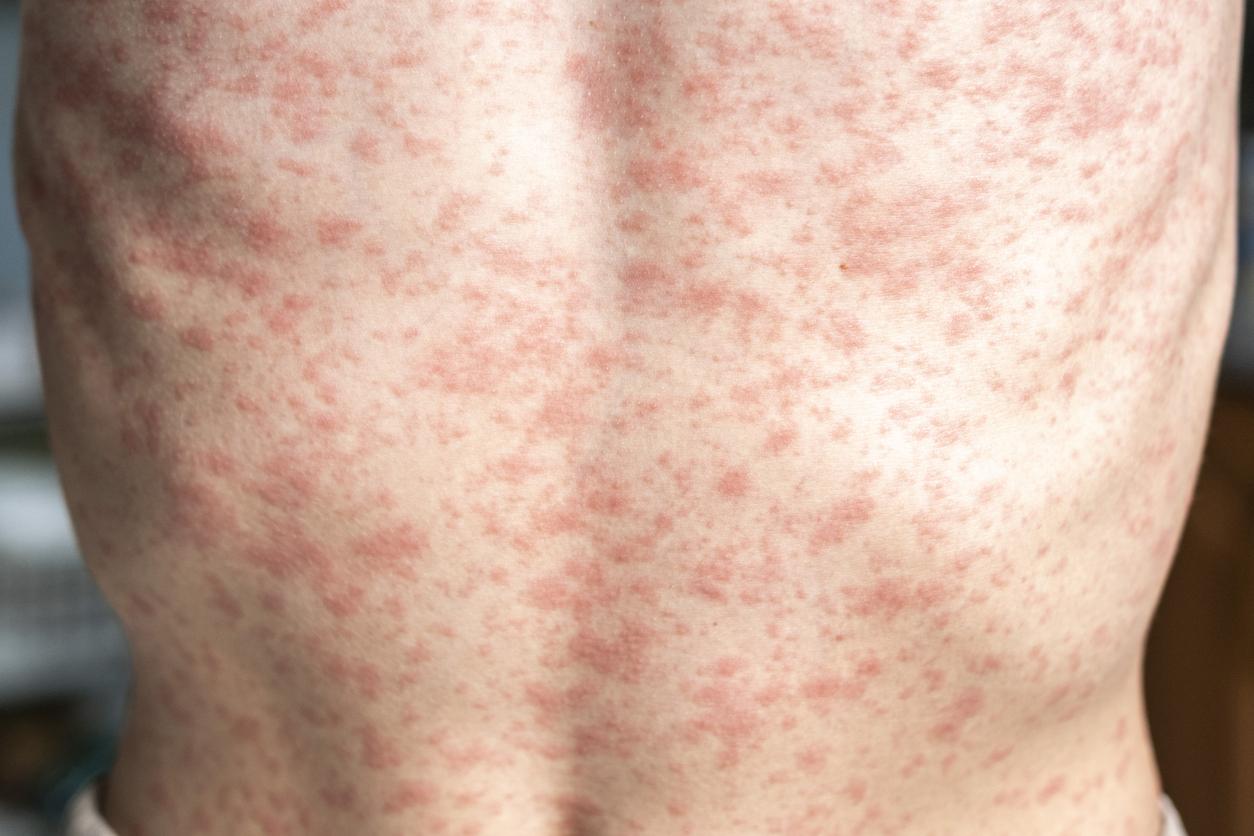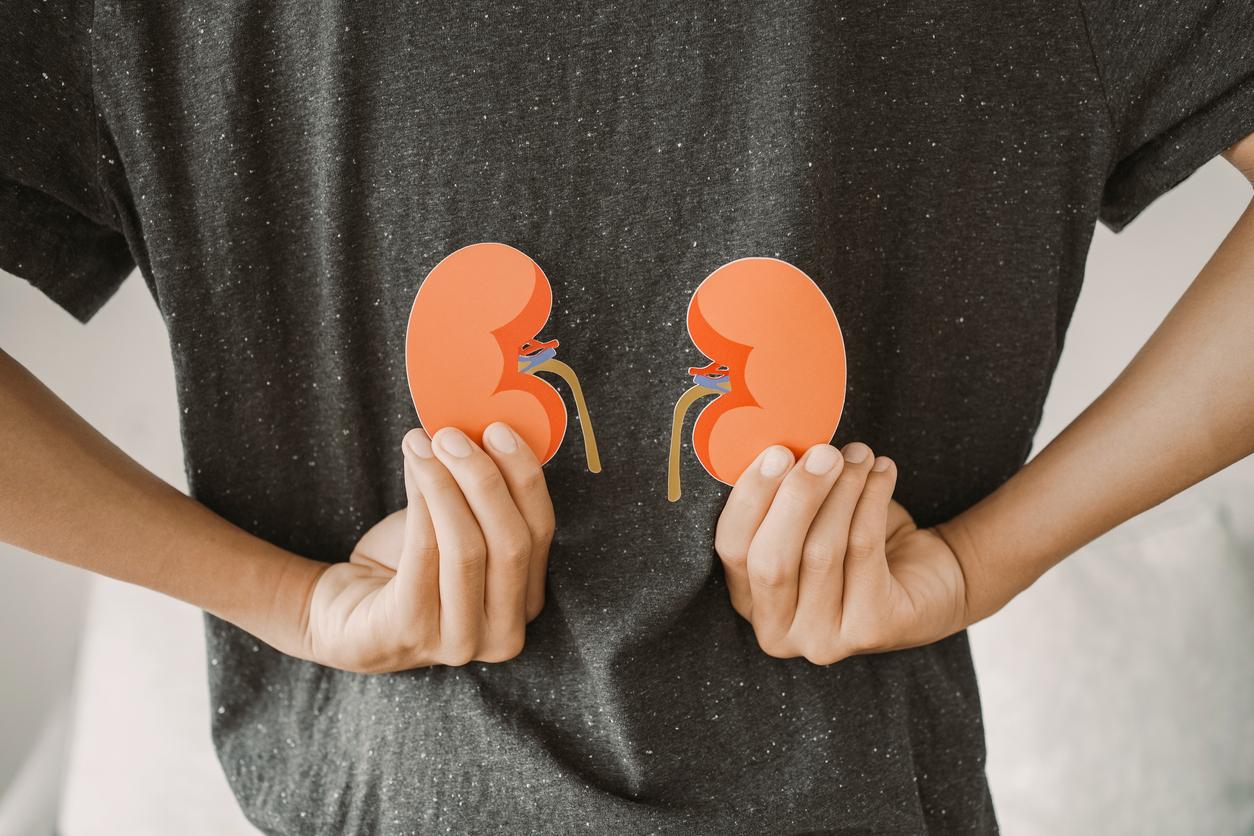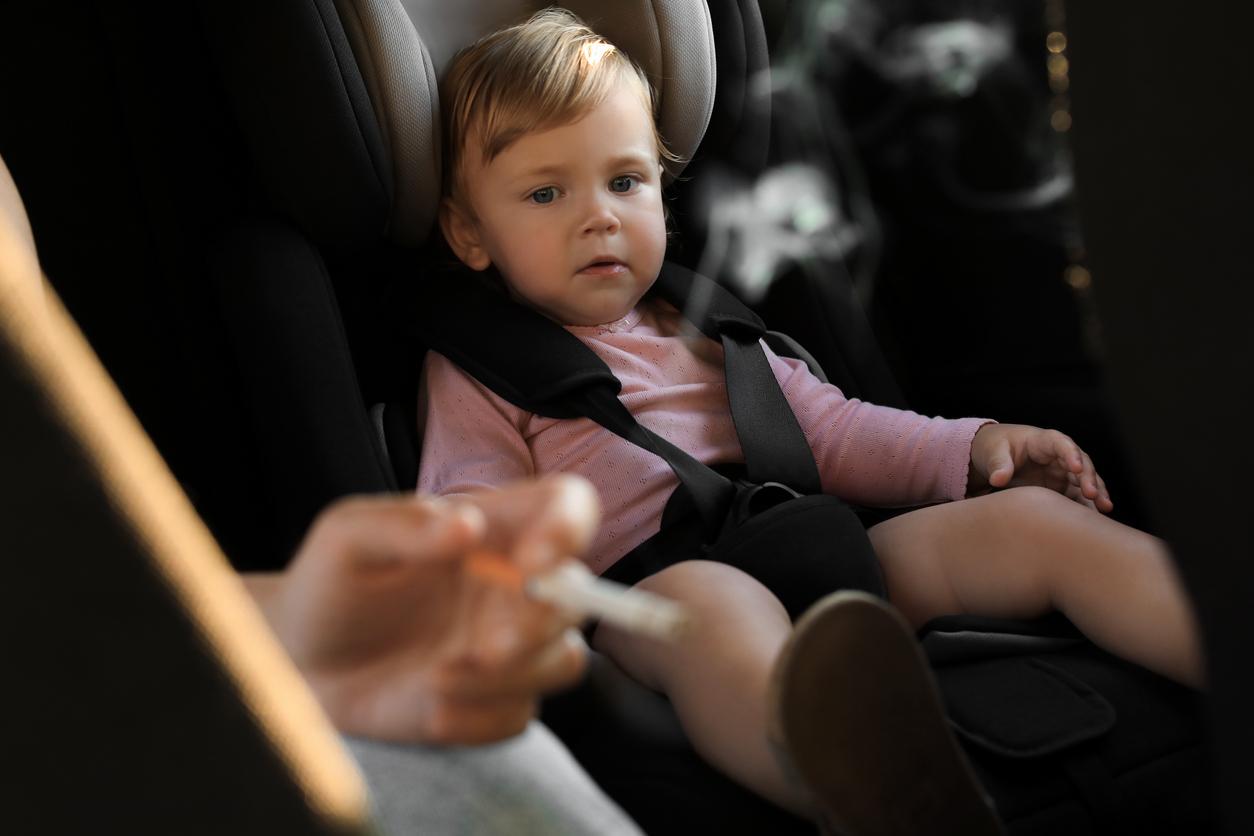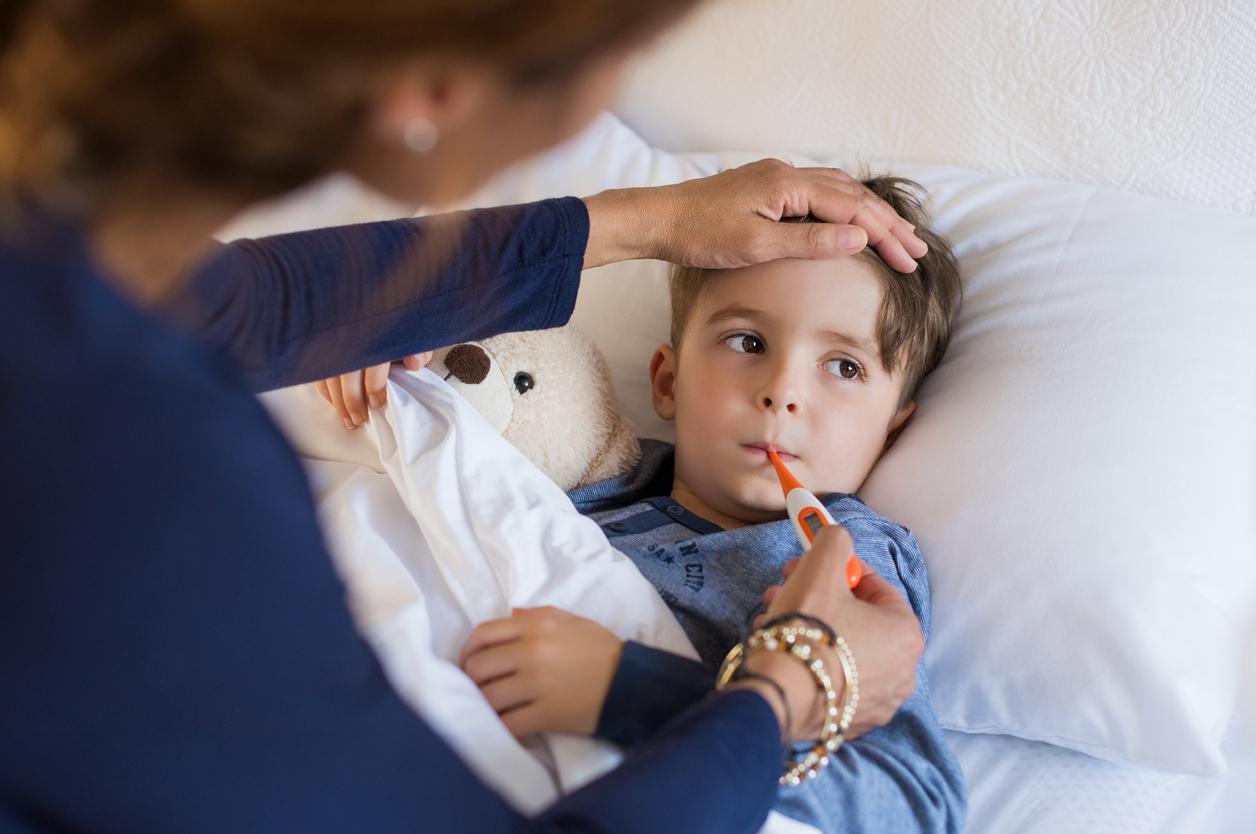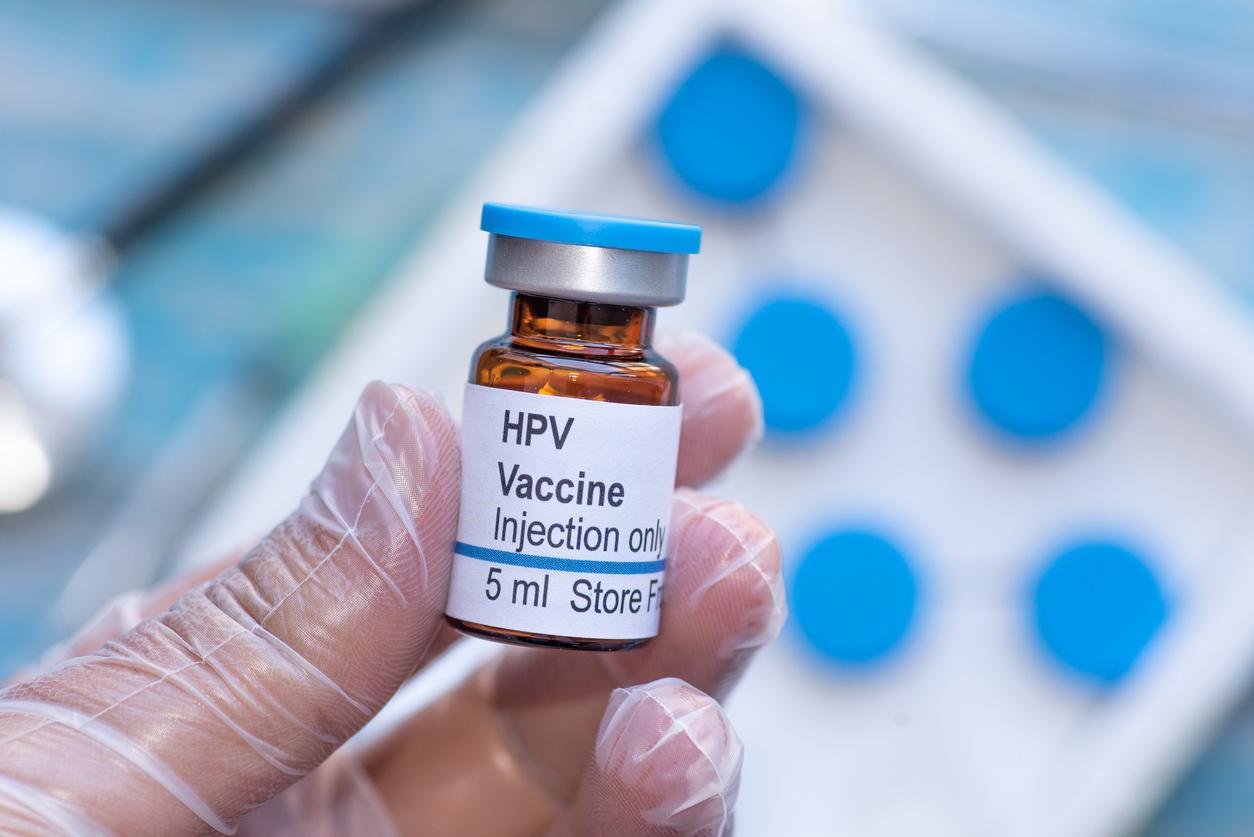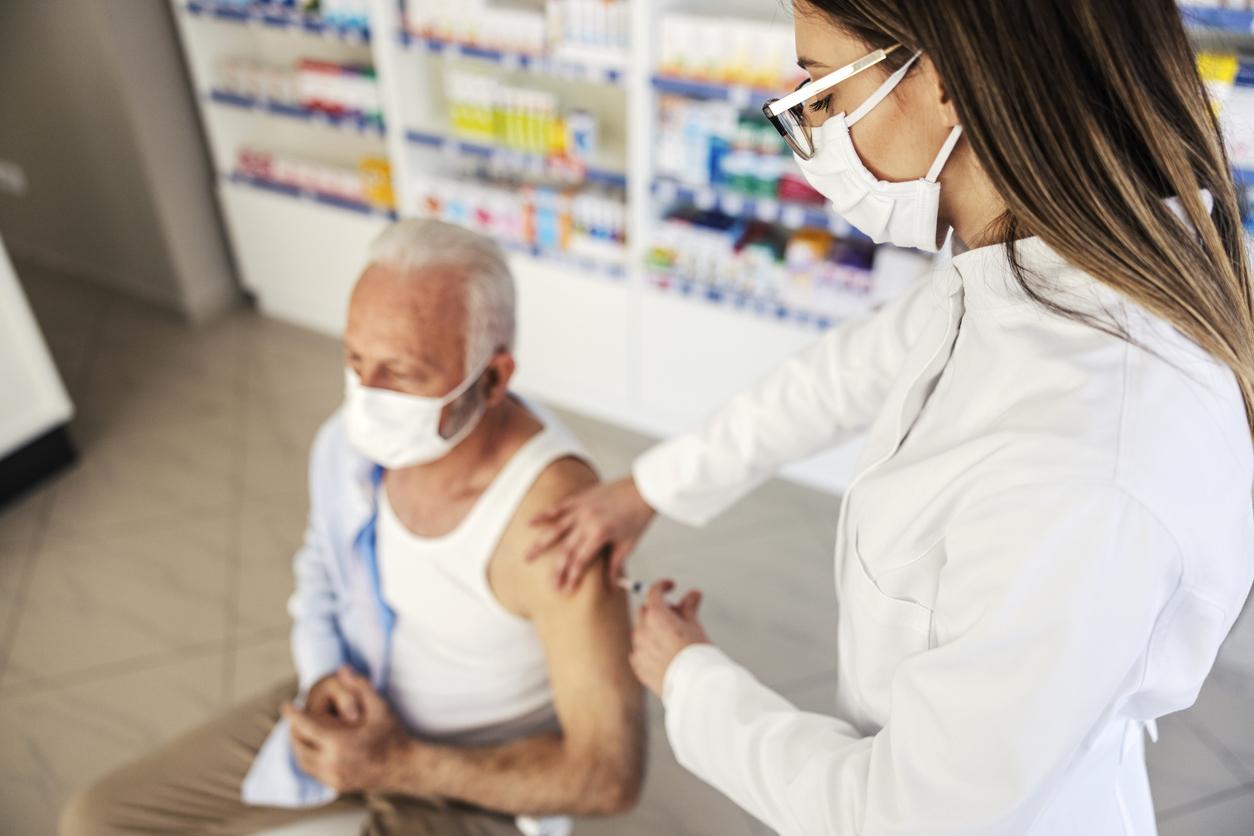“This is a historic moment. The long-awaited malaria vaccine for children is a breakthrough for science, child health and the fight against malaria” has just declared the director general of the World Health Organization (WHO) , Dr. Tedros Adhanom Ghebreyesus. The WHO has just approved the “RTS,S”, the first malaria vaccine that works against a mosquito-borne parasite, and to recommend its deployment in children. There are more than 100 types of malaria parasites: the RTS,S vaccine targets the deadliest and most widespread in Africa: Plasmodium falciparum.
According to the WHO, phase 3 clinical trials have shown that the vaccine, when given in 4 doses, prevents 4 out of 10 cases of malaria, and 3 out of 10 cases of severe, life-threatening malaria. Lhe “RTS,S” vaccine, developed by the GSK laboratory, has been tested since 2019 in three African countries: Ghana, Kenya and Malawi. Since the start of this test, 2.3 million doses of vaccine were administered in Africa, continent where malaria kills more than 260,000 children under the age of 5 every year.
A child dies from #malaria every two minutes.
One death is one too many.Today, WHO recommends RTS,S, a groundbreaking malaria vaccine, to reduce child illness & deaths in areas with moderate and high malaria transmission https://t.co/xSk58nTIV1#VaccinesWorkpic.twitter.com/mSECLtRhQs
— World Health Organization (WHO) (@WHO) October 6, 2021
A second vaccine being tested
This other vaccine is called R21/Matrix-M, it is the product of joint work between the University of Oxford and the American biotech company Novavax. It would make it possible to fight against malaria up to 77%, according to the last phases of tests. And so would be the most effective vaccine candidate made to date. These results were obtained following a study carried out in Burkina Faso, during the year 2019, in 450 children between 5 and 17 months. The disease threatening especially children. The latter were vaccinated with different doses. Those who received a low dose were 71% protected, the highest dose allowed 77% protection. The final phase of the trial will be expanded to 4,800 children.
This vaccine could be on the market within two years and manufactured by the Serum Insitute in India at a very low cost. The objective is set at 200 million doses per year.
Source : University of Oxford, AFP
Read also:
- A fungus to kill malaria-carrying mosquitoes
- Malaria: WHO predicts eradication by 2030
- China has eradicated malaria



